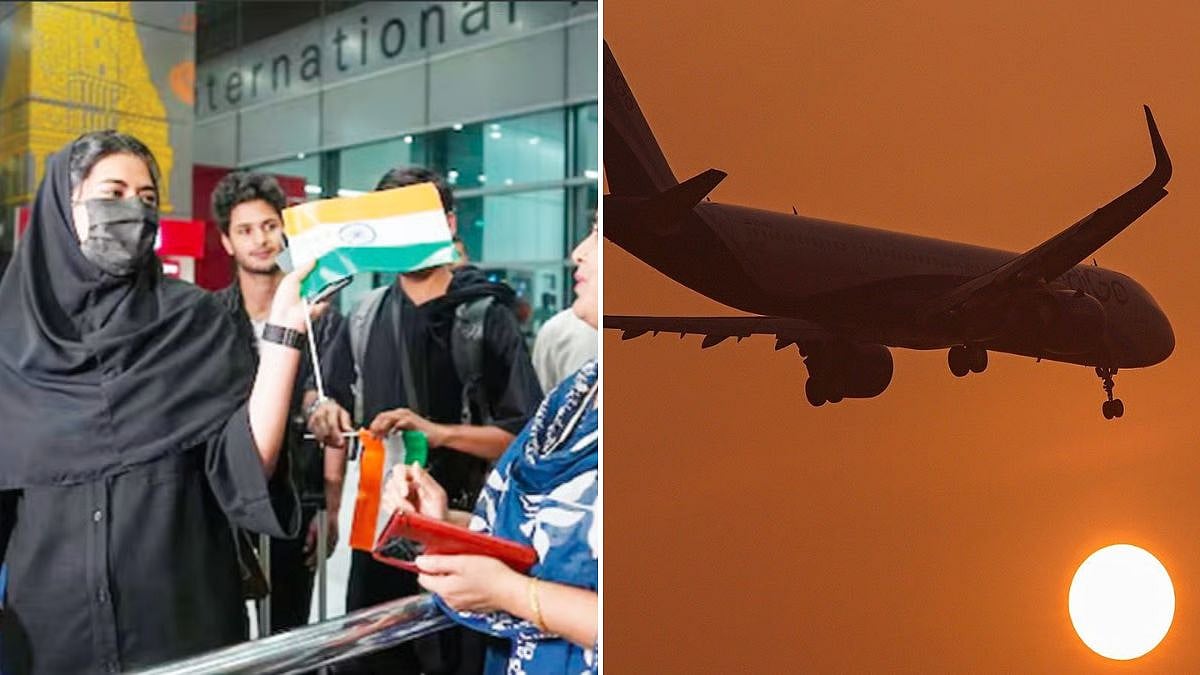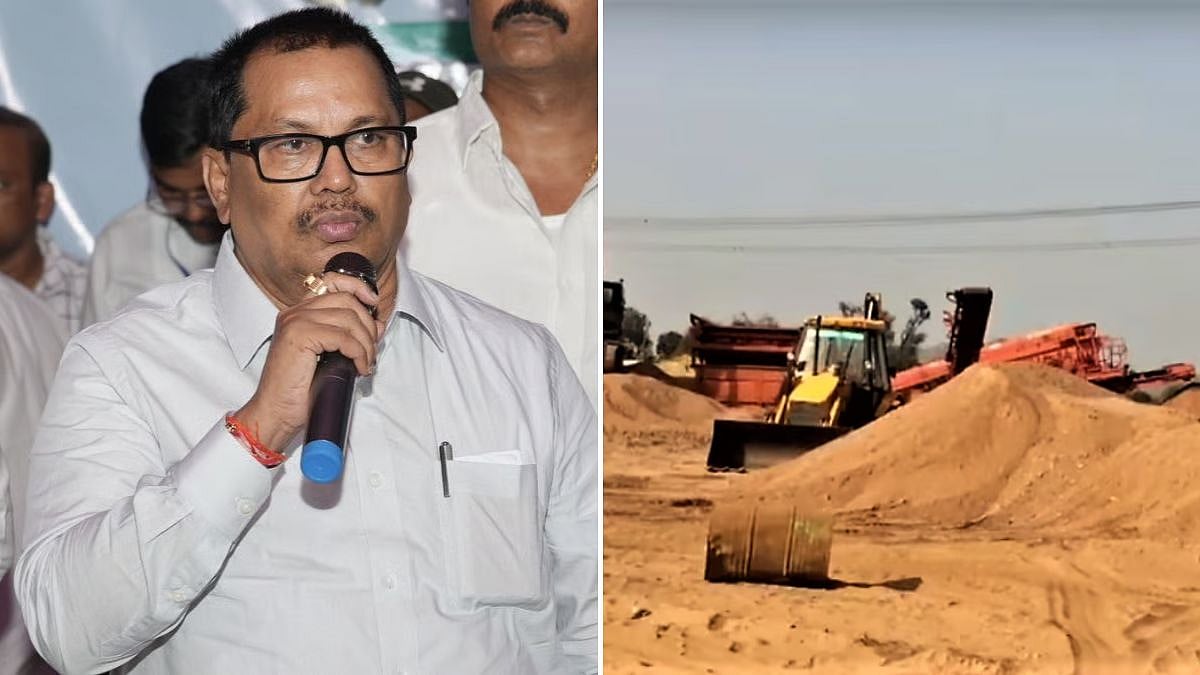US will invest USD 150 million in training for middle-to-high-skilled H-1B occupations in key sectors, including in information technology that employs tens of thousands of Indian professionals.
The H-1B visa is a non-immigrant visa that allows US companies to employ foreign workers in specialty occupations that require theoretical or technical expertise.
The technology companies depend on it to hire tens of thousands of employees each year from countries like India and China.
According to the Department of Labor, prominent among these sectors are information technology, cybersecurity, advanced manufacturing, transportation, wherein the H-1B One Workforce grant programme would be used to upskill the present workforce and train a new generation of workers to grow the future workforce.
The coronavirus pandemic has not only caused disruptions in the labour market, but also forced many education and training providers and employers to rethink how to deliver training, the department said in a statement.
In this grant programme, the department's Employment and Training Administration has set out to streamline funding and resources to encourage a more integrated workforce system that will push the applicants to provide an innovative mix of training strategies, leveraging innovative modes of training delivery, including online, distance and other technology-enabled learning.
Through local public-private partnerships, the grantees will deploy training to provide individuals in their communities with skills necessary to advance career pathways to employment in middle-to-high-skilled H-1B occupations within key industry sectors.
The training models will include a broad range of classroom and on-the-job training, customised training, incumbent worker training, registered apprenticeship programmes and industry-recognised apprenticeship programmes.
"The US Department of Labor is challenging communities to think as 'One Workforce'," Assistant Secretary for Employment and Training John Pallasch said.
"In the current job environment, it is critical that local organisations work as one, instead of independent parts of a process. Our goal is to create seamless community partnerships to build career pathways for local job seekers to enter middle-to-high-skilled occupations in the cybersecurity, advanced manufacturing and transportation sectors," he said.
Public-private partnerships will leverage resources across federal, state and local funding streams as well as from the private sector to support training, employment services and supportive services to maximise access to employment opportunities, the official statement said.
These partnerships will work toward a coordinated approach to preparing a skilled workforce within an economic region. All applicants must demonstrate that they are leveraging at least 25 per cent of the grant funds requested, it added.
In addition to this, the Trump administration on Thursday proposed a fixed time limit on visas of students, researchers and foreign journalists in the United States, noting that it is concerned about the liberal existing visa programme being abused and the potential for increased risk to national security.
The proposal scheduled to be notified in the Federal Register on Friday is not country-specific, but has been brought in view of the abuse of the existing loopholes in the system by China. In all the three categories of foreign students, researchers and journalists, those from China have benefitted the most.
Under the proposed rule, 'F' (students visa) or 'J' (researchers visa) nonimmigrants would be admitted into the US for a period up to the end date of their programme, not to exceed four years.
Foreign nationals from countries associated with high visa overstay rates (rates greater than 10 per cent for student and exchange visitors) will be limited to up to a two-year fixed period of stay to increase monitoring, deter immigration violations and incentivise a timely departure, the Department of Homeland Security (DHS) said.
Amending the relevant regulations is critical in improving the programme oversight mechanisms, preventing foreign adversaries from exploiting the country's education environment and properly enforcing and strengthening the US immigration laws, Senior Official Performing the Duties of the Deputy Secretary Ken Cuccinelli said.
The duration of stay can be reduced to a maximum of two years of authorised stay in the US if the foreign national is either born or has the citizenship of a country that is on the State Sponsors of Terrorism list.
Separately, the DHS has proposed initially admitting most 'I' nonimmigrants for a period of time necessary to complete the planned activities or assignments consistent with the 'I' classification, not to exceed 240 days. They can be given another extension for a maximum of 240 days, based on the length of the relevant activities. As of now, foreign journalists on 'I' visas have remained in the US for many a times for decades.
Foreign students would now get just 30 days, instead of the existing 60 days, to leave the country, the DHS said. The stakeholders have been given 30 days' time to respond to the notification.
In 2019 alone, there were over 10 lakh admissions in the 'F' status, a dramatic rise from the 263,938 admissions in the 'F' status when the legacy Immigration and Naturalization Service (INS) shifted to an unspecified duration of status or D/S admission in 1978.
A similar growth in the 'J' population has also occurred over the past decades. In 2018, there were 611,373 admissions in the 'J' status, up by over 300 per cent from the 141,213 'J' admissions into the US in 1985.
Finally, there were 44,140 admissions for foreign media representatives in the US in 2018, a growth of over 160 per cent from the 16,753 admissions into the country in 1985.
Studying and participating in exchange visitor and academic programmes in the US offer foreign nationals an access to world-renowned faculty, cutting-edge resources, state-of-the-art courses and individualised instructional programmes, the federal notification said.
Similarly, the US fosters an environment that promotes the exchange of ideas and encourages open discussions when there are differences of opinions, which the country also encourages by allowing foreign news and media members the same unimpeded access and opportunity to share in the constitutional freedoms of the press as domestic news and media members.
However, the DHS said the significant increase in the volume of 'F' academic students, 'J' exchange visitors and 'I' foreign information media representatives poses a challenge to its ability to monitor and oversee these categories of nonimmigrants while they are in the US.
During the length of their stay for D/S, a period of admission without a specified end date, these nonimmigrants are not required to have a direct interaction with the DHS except for a few limited instances such as when applying for employment authorisation for optional practical training or for reinstatement if they have failed to maintain the status.
An admission for D/S, in general, does not afford immigration officers enough predetermined opportunities to directly verify that the aliens granted such nonimmigrant statuses are engaging only in those activities that their respective classifications authorise while they are in the US. In turn, this has undermined the DHS's ability to effectively enforce compliance with the statutory inadmissibility grounds related to unlawful presence and created incentives for fraud and abuse.
The DHS said it anticipates that many 'F', 'J' and 'I' nonimmigrants would be able to complete their activities within their periods of admission. However, those who could not generally would be able to request an extension to their period of admission to an immigration officer.
In addition, as proposed, certain categories of foreign nationals would be eligible for shorter periods of admission, based on national security, fraud or overstay concerns, but like all foreigners with fixed admission periods, would have a specific date upon which they would be required to depart the US or would need to apply to the DHS to have their continued eligibility for the 'F', 'J' or 'I' status reviewed by immigration officers.
The DHS believes that this process would help mitigate the risks posed by foreign adversaries who seek to exploit these programmes, said the notification running into 256 pages. Replacing admissions for D/S with admissions for a fixed period of authorised stay is consistent with most other nonimmigrant categories, it added.
The notification said the D/S framework, because it reduces opportunities for a direct vetting of foreign academic students by immigration officers, creates opportunities for foreign adversaries to exploit the F-1 programme and undermine US national security.
An open education environment in the US offers enormous benefits, but it also places research universities and the nation at the risk of economic, academic or military espionage by foreign students.
"Foreign adversaries are using progressively sophisticated and resourceful methods to exploit the US educational environment, including well-documented cases of espionage through the student program," it said.
Detecting and deterring emerging threats to US national security posed by adversaries exploiting the F-1 programme requires additional oversight, the notification asserted. Same is the case with research scholars under 'J' visas as well, it said.
(Inputs from PTI)




